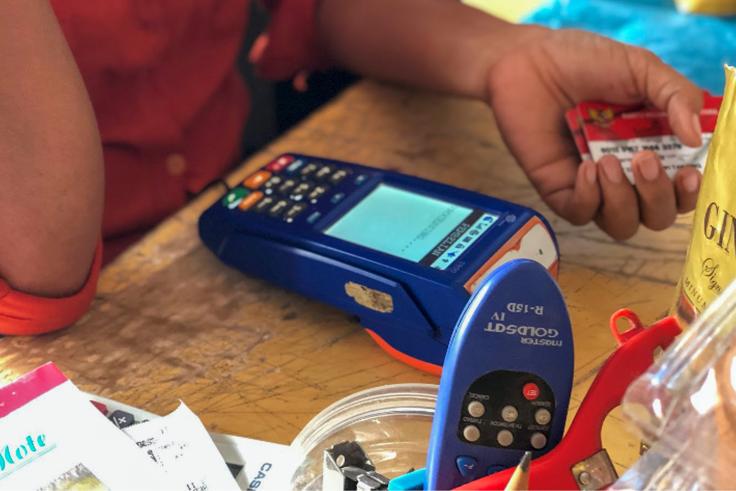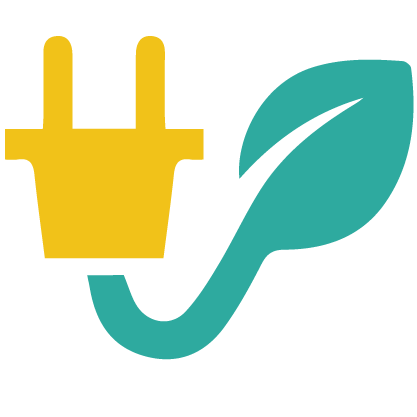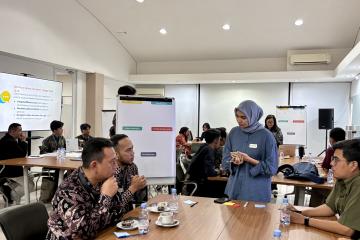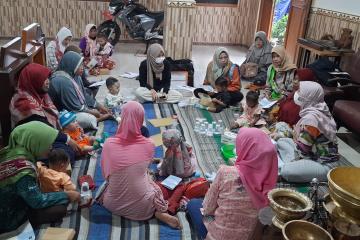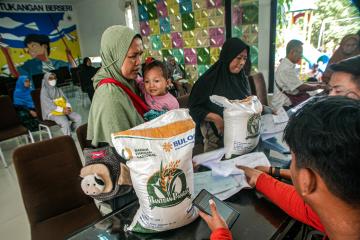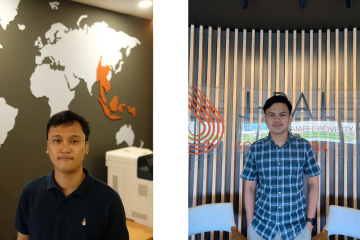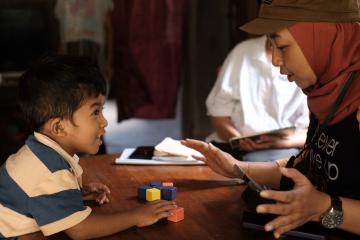J-PAL Southeast Asia (SEA) is a regional office of the Abdul Latif Jameel Poverty Action Lab (J-PAL), a global network of researchers who use randomized evaluations to answer critical policy questions in the fight against poverty. Based at the Faculty of Economics and Business, Universitas Indonesia (LPEM FEB UI), J-PAL SEA conducts randomized evaluations, builds partnerships for evidence-informed policymaking, and helps partners scale up effective social programs.
About us
Our work spans a wide range of sectors, including social welfare, migration, health, good governance, and financial inclusion. We conduct capacity building activities for policymakers, researchers, and academics seeking to learn and apply rigorous impact evaluation, and work with central and local governments to help build a culture of evidence-informed decision-making in the region.
Focus areas
Poverty is a complex and pressing challenge. J-PAL SEA aims to reduce poverty by ensuring policy is informed by scientific evidence across a wide range of focus areas.
From research to impact across Southeast Asia
Funding opportunities
The Inclusive Financial Innovation Initiative (IFII) aims to generate evidence on which digital financial services (DFS) work, why they work, and how they can be deployed to maximize impact. The initiative funds proposals to design, pilot, and build research to evaluate ideas, programs, and policies that use DFS to advance financial inclusion in Indonesia.
